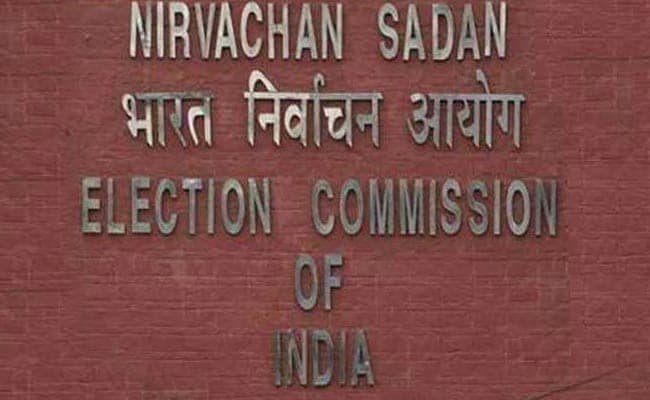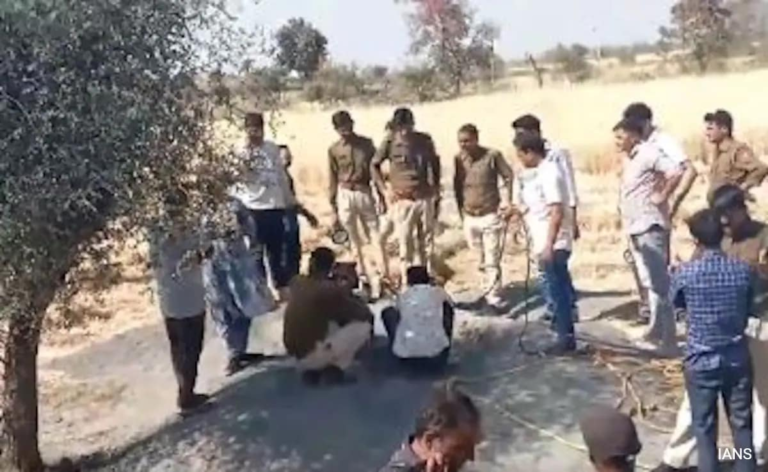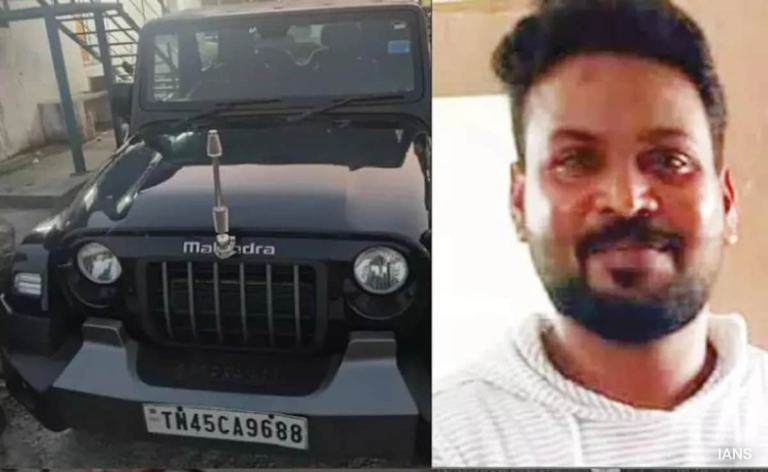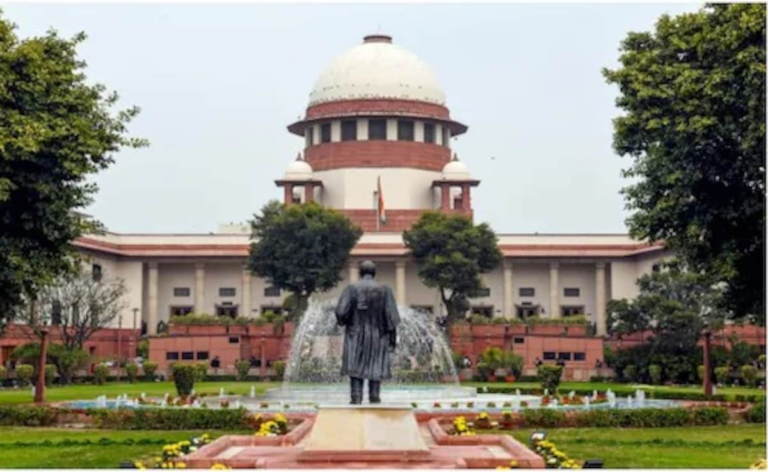

Umar Khalid is an accused in the alleged larger conspiracy behind 2020 northeast Delhi communal riots.
New Delhi:
The Delhi Police told a court here Tuesday that former JNU student Umar Khalid amplified a false narrative in his favour through social media, completing its arguments against his bail plea in the 2020 Delhi riots case.
Mr Khalid is an accused in the alleged larger conspiracy behind the 2020 northeast Delhi communal riots. He has been booked under the stringent Unlawful Activities (Prevention) Act (UAPA).
The arguments against Mr Khalid’s bail plea were made on Tuesday before Additional Sessions Judge Sameer Bajpai.
Special Public Prosecutor Amit Prasad said Mr Khalid’s mobile phone data revealed he was in contact with some actors, politicians, activists and celebrities and sent them some links by certain news portals against the Delhi Police.
These links were sent with a request to share them on their social media accounts to set a particular narrative and amplify it.
Citing his chats with these people — who have a considerable social media following — Mr Prasad said Mr Khalid amplified his narrative as part of a conspiracy.
The SPP also played a video clip in the court, where Mr Khalid’s father was being interviewed by a news portal.
The SPP said his father told the portal that they did not have faith in the Supreme Court. “They don’t have faith in the Supreme Court, and, therefore they came to the trial court. This is how they are creating a narrative (in his favour),” he said.
The SPP said Mr Khalid had requested members of a WhatsApp group to schedule protests after a particular top court proceeding.
He also rejected the contention of Mr Khalid seeking parity with other co-accused, who have been granted bail.
The matter has been posted for Wednesday for rebuttal by Mr Khalid’s counsel.
Mr Khalid and several others have been booked under the anti-terror law UAPA and several provisions of the Indian Penal Code for allegedly being the “masterminds” of the February 2020 riots, which left 53 people dead and over 700 injured.
The violence had erupted during the protests against the Citizenship (Amendment) Act (CAA) and the National Register of Citizens (NRC).
(Except for the headline, this story has not been edited by NDTV staff and is published from a syndicated feed.)




